Vanessa A. Ryan is an actress in Southern California. She was born in California and graduated from UCLA. When not writing or acting, she enjoys painting and nature walks. Her paintings and sculptures are collected worldwide. At one point, she performed stand-up comedy, so her writing often reflects her love of humor, even for serious subjects. She lives with her cat Dezi, and among feral cats she has rescued. She is the author of A BLUE MOON, an urban fantasy, HORROR AT THE LAKE, a vampire trilogy and A PALETTE FOR MURDER, a traditional cozy mystery.
How do you come up with the titles of your books?
Sometimes the title just comes to me. Other times, I ask my family, friends, the publisher, or even strangers I meet see on the street to help me choose the best wording of a preliminary title. They’ll all have different opinions, and then the hard part is making the final decision.
What is your writing schedule?
My writing schedule is to write at least a thousand words a day, seven days a week, for the first draft. Most of that happens late at night, when the phone is least likely to ring. I may stay up until two in the morning to get in those thousand words, especially when I’ve had a busy day doing something else. I know if I don’t persevere, I won’t get that first draft written. As for revisions and rewrites, I like those the best. The hard work is already done. Cutting, revising and adding is the fun part.
Do you jump out of bed with coffee in hand or are you an afternoon writer?
I never jump out of bed for anything, unless the house is on fire––which has happened to me. I like coffee and breakfast in the morning, and reading the Los Angeles Times. Three days a week I read it online, and four days a week I get it delivered. It’s an important part of my daily routine. I never turn on the TV or radio for the news in the morning. I’m the type who wakes up slowly. I like to know what’s going on in the world, but without someone barking at me. If I can, I will write in the afternoon for a while. I might finish what I started writing in the afternoon later that night, if I didn’t get enough done.
What conditions do you like to write under?
I like overcast days. In fact, I love overcast weather. I feel more creative when the sky is gray and the atmosphere is a little foggy. Sunny days are just for enjoying the warmth of the sun, smiling a lot and not thinking much.
What do you have to avoid when writing a book?
I have to avoid too many other activities, or cut the time I devote to them. And since I’ve always got ideas in my head for new stories, I have to stop thinking of them so I can write the book I’ve already started.
Do you ever get burned out?
Sure. Writing is work. It’s putting in the time. Since December, I have been taking a break. But the holidays are over, and tomorrow, I will begin looking at the edits of the last book in my trilogy, Horror At The Lake, A Vampire Tale. However, even when I’m not writing, I’m thinking of my next book or series of books.
How do you start to write a book? What is the first step?
The first step is to decide which book floating around in my head I am going to commit to writing down. I usually know who the main character is and whether I’m going to write in the first person or in the third, but I will have to rough out the secondary characters. The next most important thing is to figure out the ending. The challenge, then, is how to get from the beginning to the end. Sometimes I write plot points on three by five cards, and sometimes I just wing it and start writing. I try to write chapters that are about ten pages long, and I read over what I wrote yesterday before I begin writing again.
Which books have most influenced your life most?
I think the books of Carlos Castaneda, Curt Vonnegut, Jerzy Kosinsky, and the mystery writers of the twentieth century, such as Agatha Christie and Ross MacDonald. Also the noir writers, such as Cornell Woolrich, Charles Willeford and Dorothy B. Hughes. But one of the most important influences in my life was meeting Ray Bradbury after a lecture he gave. I had read Death Is A Lonely Business, and although not one of his most famous books, it is set in Venice, CA, where I once lived. It inspired me to write my paranormal novel A Blue Moon, which also takes place in Venice, CA. It was thrilling to meet the writer who inspired me to write the book.
Do you see writing as a career?
I do see writing as a career. Of course, every writer hopes to have a best seller, but regardless, I will keep at it as long as I have stories I feel impelled to write.
If you had to do it all over again, would you change anything in your latest book?
No. I’ll just write another book.
Do you recall how your interest in writing originated?
I started writing in the third grade. My teacher allotted a portion of her lessons to creative writing every week. In the sixth grade, we put on a school play, and I wrote the script.
What is your overall opinion of the publishing industry?
It’s like the film industry, though maybe without so much nepotism. While it’s easy to self-publish, it’s still tough to get into the mainstream market.
Can you share a little of your current work with us?
I am currently working on another traditional mystery, the second in the Lana Davis series, titled A Date For Murder. The first, A Palette For Murder, will be released this May by Five Star Publishing.
Do you ever get tired of looking at words?
I don’t know that I get tired of looking at words, but I do need to take time off. I love walking in a park near my house, watching my favorite TV shows, traveling and socializing with friends.
Who designed the covers?
The publishers of my books have designers and they create covers from settings in the books that I describe to them.
What was the hardest part of writing your book?
That first draft is always the hardest part.
Did you learn anything from writing your book and what was it?
I have learned to be more forgiving. All my characters have flaws, some worse than others, but they have some redeeming or humanizing characteristics as well.
Do you have any advice for other writers?
Talk less and listen more. I get many of my ideas for stories from what people say.
Do you have anything specific that you want to say to your readers?
I hope you enjoy my books and the journeys they take you on.
The Legacy of Fear (Horror at the Lake (A Vampire Tale) Book 1)
Now Available
Susan Runcan is on a quest to clear the name of her grandfather Lindon Runcan, the famous archeologist whose career ended under a cloud of suspicion. Although Lindon claimed thieves stole precious artifacts from his last expedition in Egypt, depriving the Egyptian government and his backers of the spoils, Lindon stole them himself. After the death of her uncle, Susan is the last of the Runcans and inherits the artifacts, along with her grandfather’s stately home in Lake Masley. Susan comes to the lake hoping to discover the reason her grandfather risked his career for these artifacts. What she finds is a town filled with rumors and fear. And what she discovers will change her life forever.



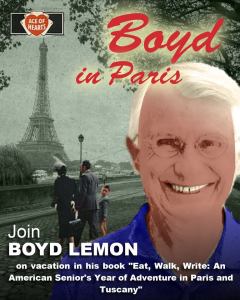
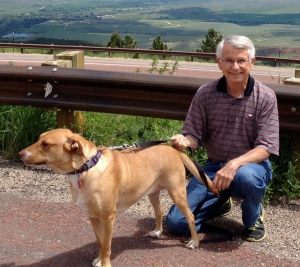
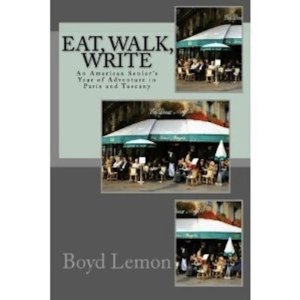

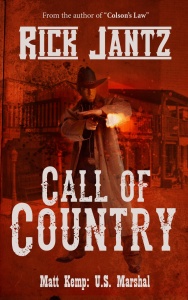




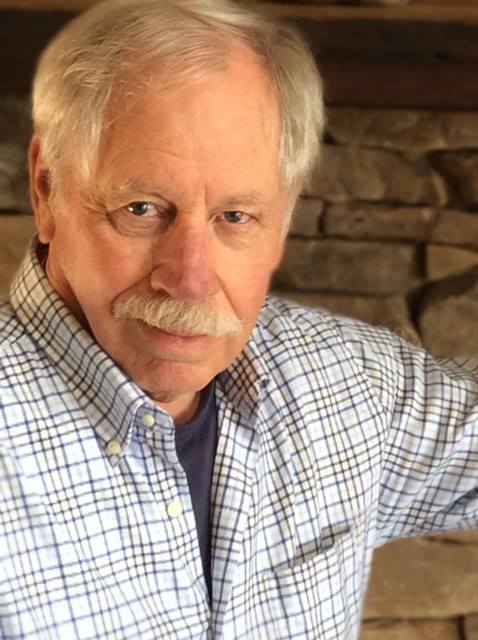
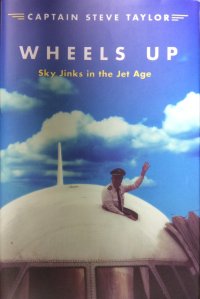

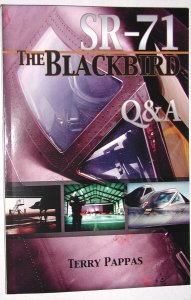

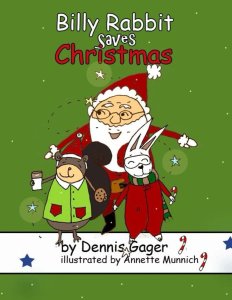
Recent Comments